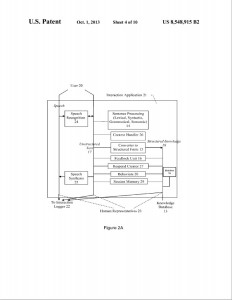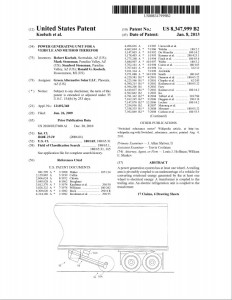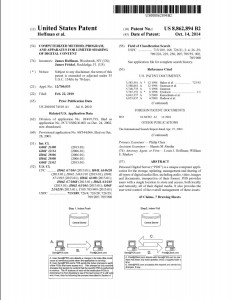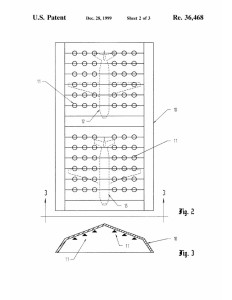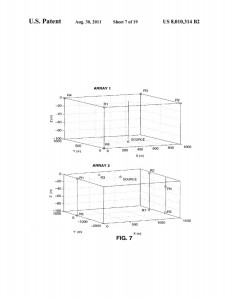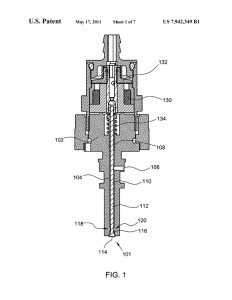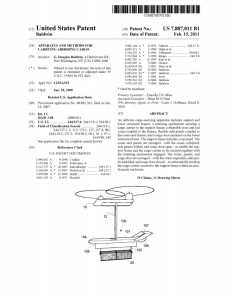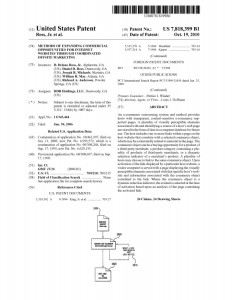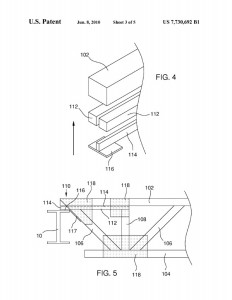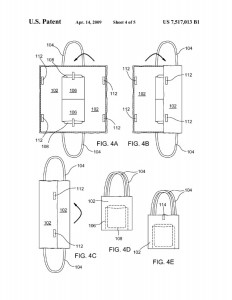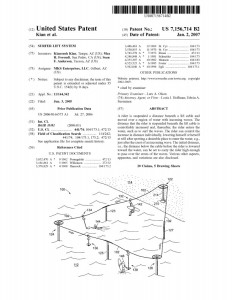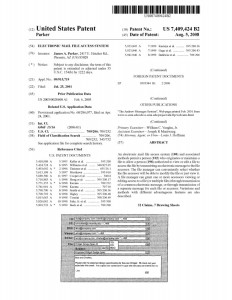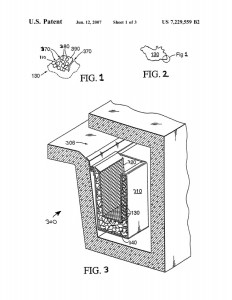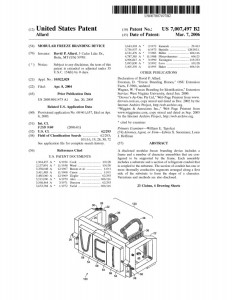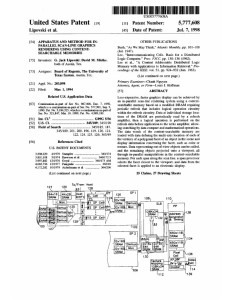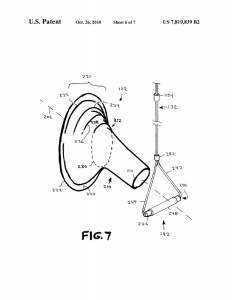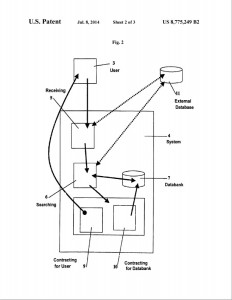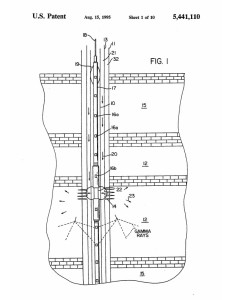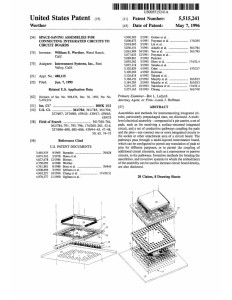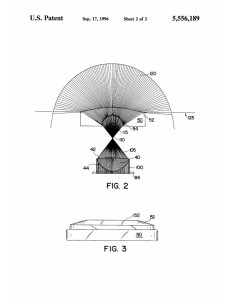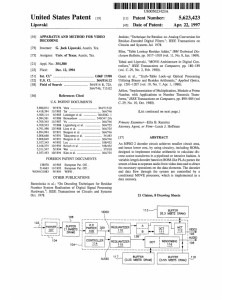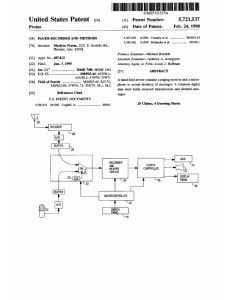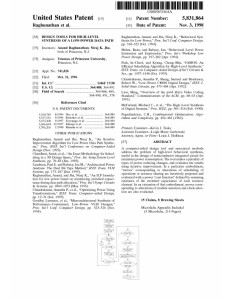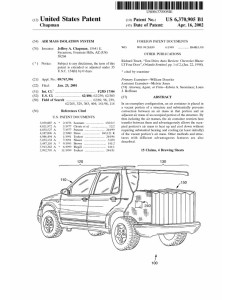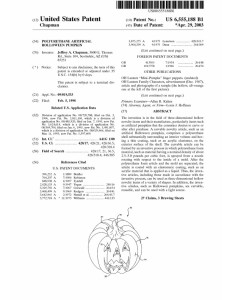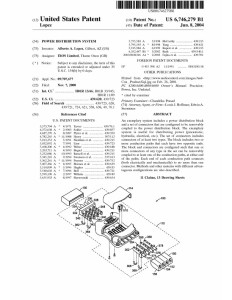Registered patent agents specialize in representing patent applicants. They practice before the U.S. Patent Office (and can coordinate with foreign associates for international patent applications). Patent agents are non-lawyers who have met the Patent Office’s undergraduate degree requirements and have passed the same examination that patent attorneys must take. To pass the “patent bar” exam, the agent must have a knowledge of pertinent areas of patent law and federal regulations.
A client may choose either a patent agent or a patent attorney for representation before the Patent Office in patent matters. The Patent Office recognizes patent agents who practice before the agency equally as patent attorneys. All patent practitioners take the same solemn oath to uphold the laws and rules of practice of the Patent Office, including a strict Canon of Ethics.
Patent agents begin serving a client by determining the patentability of an invention and the scope of appropriate claims. An agent then proceeds to prepare and file a patent application, something the Supreme Court has called “one of the most difficult legal instruments to draw with accuracy.” Patent agents then represent clients through the course of “patent prosecution,” i.e., written and oral discussions with the patent examiner leading to a patent. If necessary, the patent agent may appeal a difficult case before a panel of Administrative Patent Judges at the Patent Office’s Board of Appeals.
A patent agent’s work is complete when the client either obtains a patent or exhausts all possible appeals within the Patent Office. In rare instances, an attorney (not an agent) may appeal the rejection of a patent application to a federal appeals court. Advice or representation regarding legal documentation or dispute resolution outside the jurisdiction of the Patent Office (e.g., licensing or ownership issues, patent infringement lawsuits) are handled only by qualified attorneys.

